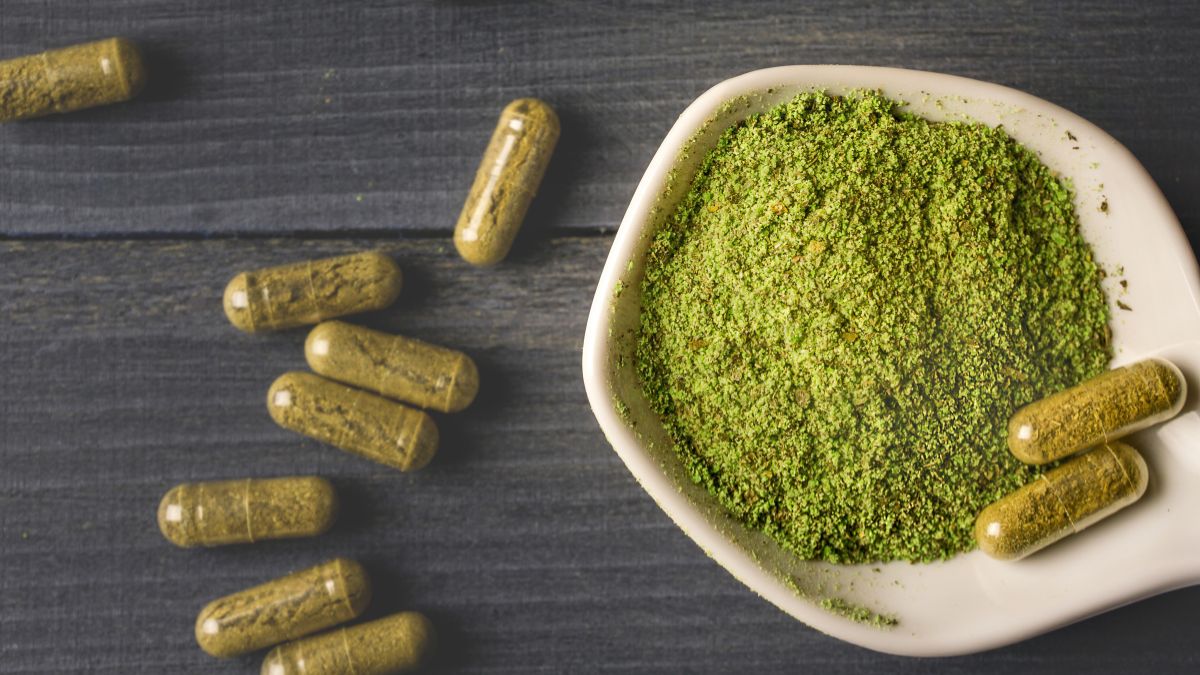Short Answer: Kratom is bad for diabetes. Because it has alkaloids that can interfere with blood sugar regulation and insulin secretion. Kratom can also affect your appetite, digestion and metabolism, which can worsen your diabetes control.
Diabetes is a condition that affects your blood sugar levels and how your body uses glucose for energy.
In diabetes, your body either doesn’t make enough insulin or can’t use it properly.
Insulin is a hormone that helps glucose enter your cells.
Without insulin, glucose builds up in your blood and can cause serious damage to your nerves, eyes, kidneys and other organs.
One of the key factors in managing diabetes is diet.
What you consume can affect your blood sugar levels, which can impact your diabetes symptoms and overall health.
To effectively manage diabetes, you should consume fiber-rich foods like whole grains, fruits and vegetables and avoid sugar-rich foods like sweets, sodas and processed foods.
Now, kratom is a plant that comes from Southeast Asia.
People usually chew its leaves, brew them as tea or take them as capsules or extracts.
Kratom contains compounds that act on opioid receptors in the brain and can have pain-relieving, stimulating or sedating effects.
Kratom is bad for diabetes because it contains alkaloids that can interfere with blood sugar regulation and insulin secretion.
Kratom can also affect your appetite, digestion and metabolism, which can worsen your diabetes control.
Kratom may have different effects on people with type 1 or type 2 diabetes, but neither type should use it without medical supervision.
One gram of kratom can give you about 5 calories, 1 gram of carbohydrates and 0.5 grams of fiber.
These amounts are negligible, but the alkaloids can have a significant impact on your blood sugar levels.
Mitragynine and 7-hydroxymitragynine are the main alkaloids in kratom that can affect diabetes.
Mitragynine can lower blood sugar levels by stimulating the release of insulin and glucagon, two hormones that regulate glucose.
However, this effect can be unpredictable and dangerous, especially for people with type 1 diabetes who rely on insulin injections.
7-hydroxymitragynine can raise blood sugar levels by inhibiting the release of insulin and increasing the release of cortisol, a hormone that increases glucose production.
This effect can be harmful for people with type 2 diabetes who have insulin resistance and high blood sugar levels.
Furthermore, kratom is a stimulant and a depressant, and both types are bad for diabetes.
Because, stimulants can increase your heart rate, blood pressure and stress levels, which can raise your blood sugar levels and risk of complications.
Depressants can slow down your breathing, heart rate and mental function, which can lower your blood sugar levels and impair your ability to monitor and treat your diabetes.
That’s why I suggest you limit your kratom intake to avoid the possible complications.
Stick to no more than 2 grams per day to minimize the risk of low or high blood sugar levels, addiction, withdrawal, liver damage and other side effects.
Also, you shouldn’t use kratom if you have or are suffering from diabetic ketoacidosis, a life-threatening condition that occurs when your body breaks down fat for energy and produces high levels of acids called ketones.
Because kratom can worsen this condition by increasing ketone production and lowering blood pH.
If you want to use kratom as a supplement, you can buy it online or offline.
To buy it online, there are many brands and marketplaces to choose from.
But as a nutritionist, I recommend you avoid using kratom altogether, because there is no evidence that it is safe or effective for any medical use.
The FDA has warned against using kratom and has linked it to 36 deaths and hundreds of adverse events.
Read Next
Finally, remember, maintaining a healthy lifestyle, including a balanced diet, regular exercise, stress management and essential medical care is key to managing diabetes effectively.
I always recommend my diabetes patients to follow a diabetes-friendly diet to improve their overall well-being and enjoy a longer and healthier life.

